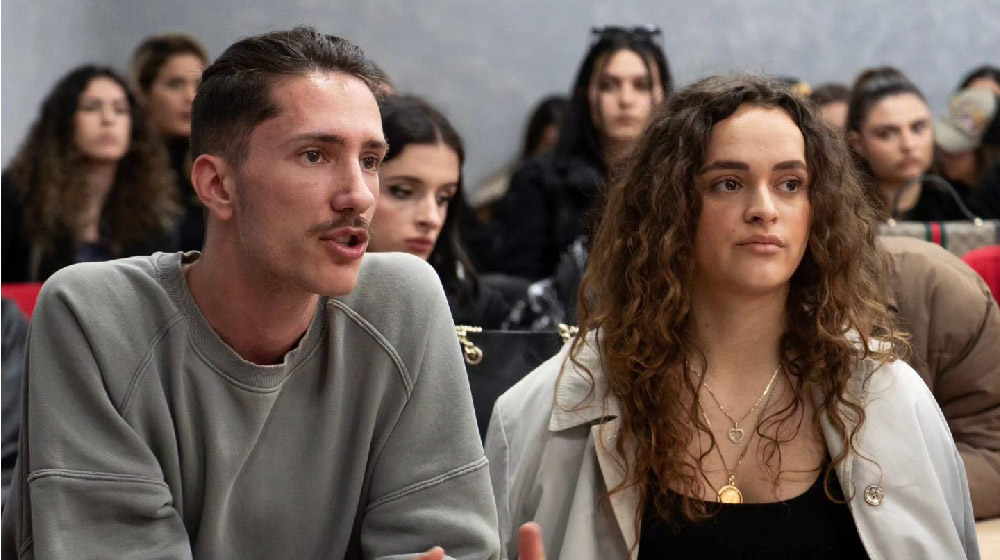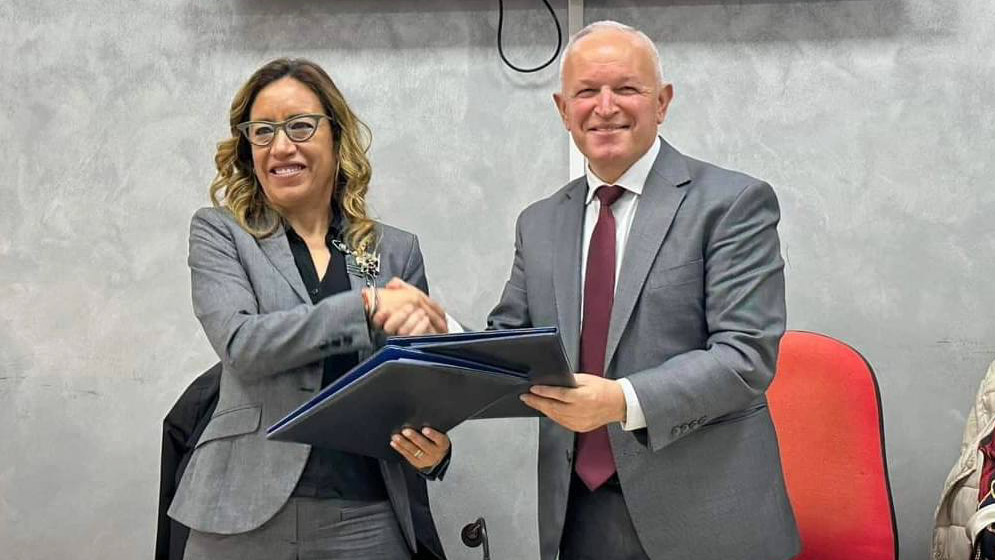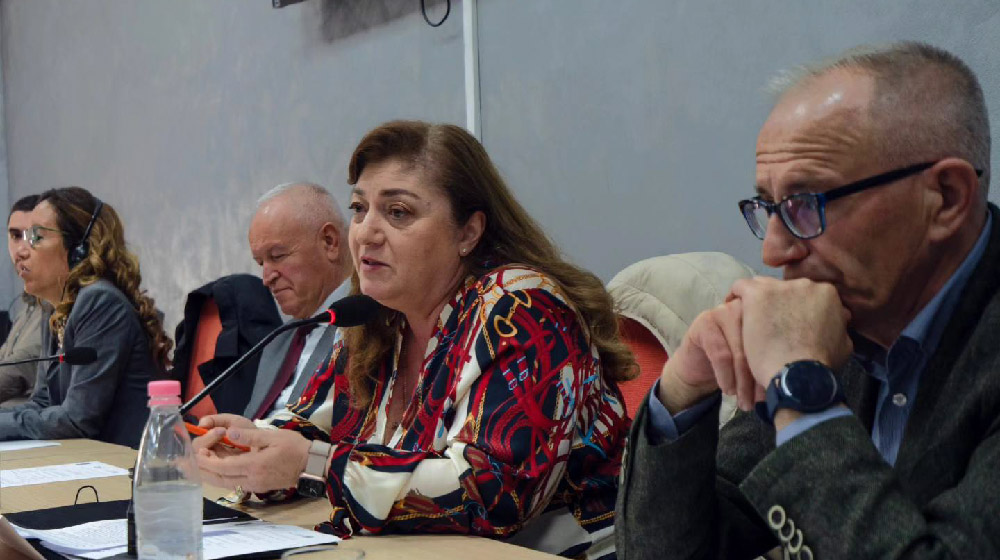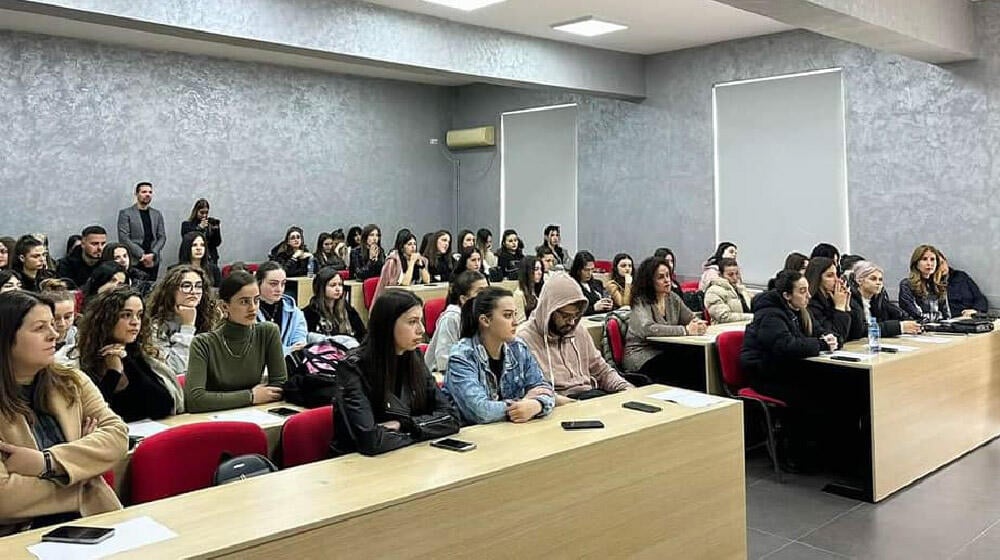The UNDP, UNFPA, and Tirana University's Faculty of History and Philology have signed a cooperation agreement aimed at combatting divisive narratives in Albania. This partnership is part of the United Nations regional initiative 'Youth 4 Inclusion, Equality & Trust,' which seeks to address issues of hate speech, divisive narratives, toxic masculinities, mistrust, and ethnic or religious tensions in the Western Balkans.

This partnership aims to identify ethnic stereotypes in traditional and social media and increase the knowledge and capacities of 600 students, 40 young journalists, and the public on the use of constructive narratives by avoiding ethnic stereotypes. This initiative will analyze media content from 12 traditional (online and audio-visual) and social media for the period between March to August 2023 regarding the use of ethnic stereotypes, develop tools and methodology for the deconstruction of negative ethnic stereotypes, and raise awareness and capacities of 600 students and 40 young journalists on the use of constructive narratives in traditional and social media.
The methodological approach of this initiative includes media monitoring, the production of manuals and dictionaries to deconstruct negative stereotypes, video production, and broadcasting. Traditional and social media will be subjects of monitoring and awareness raising, while young journalists and students will act as agents of change.
Monica Merino, UNDP Representative in Albania, emphasizes: “With the rise of divisive narratives and rhetoric in Albania, this partnership is crucial in promoting constructive and respectful public discourse within and across communities. We are happy about this partnership with the Journalism and Communication Department at the Faculty of History and Philology. By empowering students of journalism to engage in constructive narratives, we can strengthen intercultural dialogue, inclusion, and gender equality, and create mutual understanding and trust. This collaboration will help promote a more constructive and respectful public discourse within and across communities, which is essential in promoting peace, stability, and progress."

The rise of divisive narratives and rhetoric has highlighted the need for more constructive, fact-based narratives and respectful public discourse within and across communities. Divisive narratives have the potential to aggravate regional dynamics, mistrust, and grievances. The degree of internet and cell phone penetration in the region, combined with COVID-19 social restrictions, offers massive platforms for narratives to propagate.
UNFPA Head of Office, Dr. Manuela Bello stated, “For UNFPA partnering with young journalists is especially important to tackle divisive narratives and hate speech among groups of diverse social backgrounds and sexual orientations, and key young populations. In addition, we aim to strengthen the engagement of young people who recognize the crucial influence of traditional gender norms across identity and community lines to promote constructive narratives and combat hate speech and patriarchal gender norms, to increase dialogue and mutual understanding among these groups and promote gender equality.”

This partnership between UNDP, UNFPA, and Tirana University's Faculty of History and Philology is crucial in promoting constructive and respectful public discourse within and across communities in Albania. It aims to empower young people to engage in constructive narratives, strengthen intercultural dialogue, inclusion, and gender equality, and create mutual understanding and trust in the Western Balkans.


